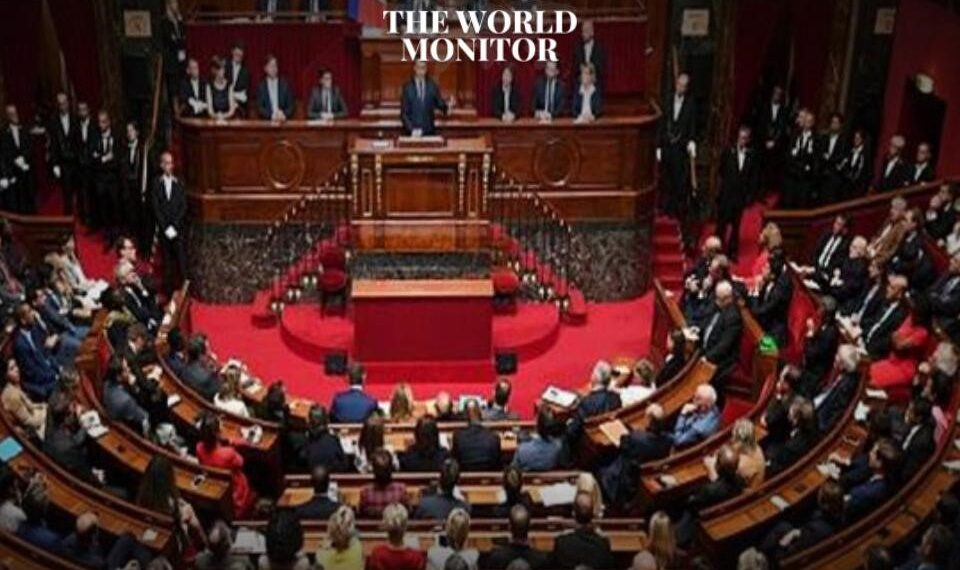For over five years, France has been combatting Islamist extremists, including those linked to the Muslim Brotherhood, which is considered a terrorist organisation.
This autumn, French citizens eagerly anticipate a long-awaited security report that could decisively determine the fate of the Muslim Brotherhood in France.
Recently, the French Senate sent a commendatory message to Interior Minister Gérald Darmanin, praising government efforts against political Islam and demanding a ban on the Muslim Brotherhood’s influence networks in France and Europe.
This comes amid escalating concerns about their provocative and harmful rhetoric on social media platforms.
The Senate highlighted the law enacted on August 24, 2021, aimed at reinforcing respect for the principles of the Republic and combating Islamist separatism, known as the anti-separatism law.
The Law Committee in the Senate has evaluated this legislation, identifying some gaps and flaws, such as issues related to the funding of associations.
For example, when a Brotherhood-associated organization faces a ban in France due to extremism suspicions, it immediately relocates to Belgium with an official license, where social networks then help it regain members and supporters.
The French Senate has urged both the Interior and Foreign Ministries to disclose official plans to ban the Muslim Brotherhood and reduce its influence within France and Europe, akin to measures taken by other countries.
French government officials have responded, affirming that combating Islamist separatism, anti-Semitism, and those attacking the values of the Republic and seeking to divide society remains a top priority for the French state.
Since 2021, France has banned numerous associations and centers linked to the Brotherhood and prohibited their funding. The government has also intensified the deportation of extremists and increased surveillance of remaining associations.
Various security authorities have conducted thorough investigations into the funding sources of the Muslim Brotherhood in France.
These investigations have uncovered ten networks controlled by the Brotherhood, spanning from Lille in the north to Marseille in the south, and including Paris and other French cities.
These networks aim to create segregated, self-contained communities parallel to French society and promote an immigration policy to attract new Brotherhood members.






